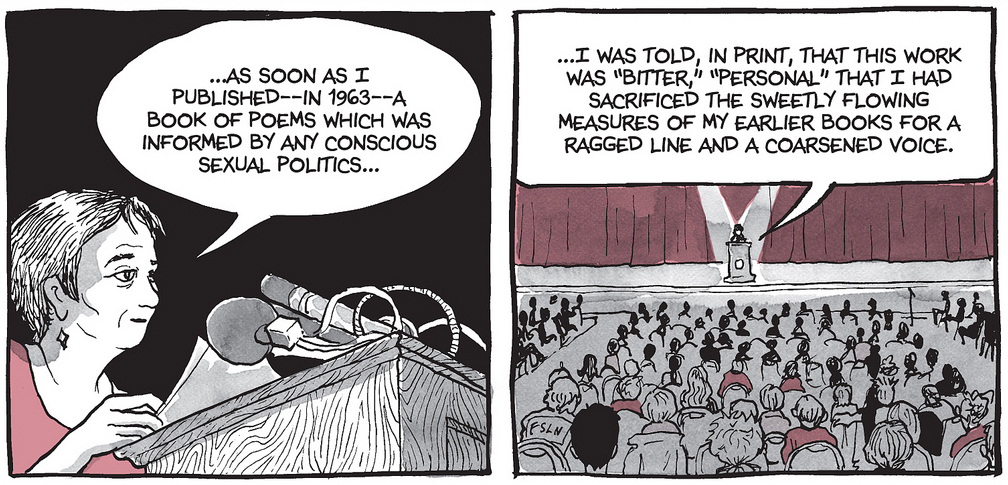Hi Friends,
It’s come to my attention that some of you noticed a lack of poems in your inbox this month.
For the past many years, I’ve celebrated National Poetry Month by sharing with all of you little bits of what I love about poetry — via one poem per day, delivered to your email inbox, for the duration of the month: 30 days. 30 poems. 30 poets.
One of my weaknesses is that I really suck at doing things half-assed, watered down, or sloppily slapped together; I have an extremely difficult time lowering my standards for myself and my own work — like, to a fault; it’s a problem. This April, I found that I wasn’t gonna be able to do my poem-a-day series all-out, the way it deserves to be done — so I haven’t done it all.
But that’s not right, either. I do still want to celebrate poetry month with each you. So, some thoughts:
1. Send me a poem this April? Include a little note about why it’s a favorite of yours, or why you think it’s a poem I might like, or a comment or a question you have about the poem.
2. Six Aprils’ worth of poem-a-days are yours to revist or explore for the first time here at meetmein811.blogspot.com. Do you have a favorite previous poem-a-day, one that still sticks with you all these Aprils later?
3. I’m going to email you next week about Poem in Your Pocket Day, which is officially April 18 this year, but works well on pretty much any day in April.
4. Brackets! Poets! Powell’s Books! 3 of my favorite things, all rolled into one. Check out Powell’s Books’ new experiment this April, Poetry Madness.
5. A poem! for you! for April! (below) A thank you to Jeannine for reminding me that e.e. cummings has probably written more of my favorite poems specifically about April and spring than any other poet. What other poets do you think might rival Cummings for the (Poet)King of Spring title?
6. As always, you can learn more about National Poetry Month at the website of the Academy of American Poets, www.poets.org.
I hope that you’re all doing well!
Love,
Ellen
when faces called flowers float out of the ground
and breathing is wishing and wishing is having—
but keeping is downward and doubting and never
—it’s april(yes,april;my darling)it’s spring!
yes the pretty birds frolic as spry as can fly
yes the little fish gambol as glad as can be
(yes the mountains are dancing together)
when every leaf opens without any sound
and wishing is having and having is giving—
but keeping is doting and nothing and nonsense
—alive;we’re alive,dear:it’s(kiss me now)spring!
now the pretty birds hover so she and so he
now the little fish quiver so you and so i
(now the mountains are dancing,the mountains)
when more than was lost has been found has been found
and having is giving and giving is living—
but keeping is darkness and winter and cringing
—it’s spring(all our night becomes day)o,it’s spring!
all the pretty birds dive to the heart of the sky
all the little fish climb through the mind of the sea
(all the mountains are dancing;are dancing)
— E.E. Cummings, from XAIPE (1950)
